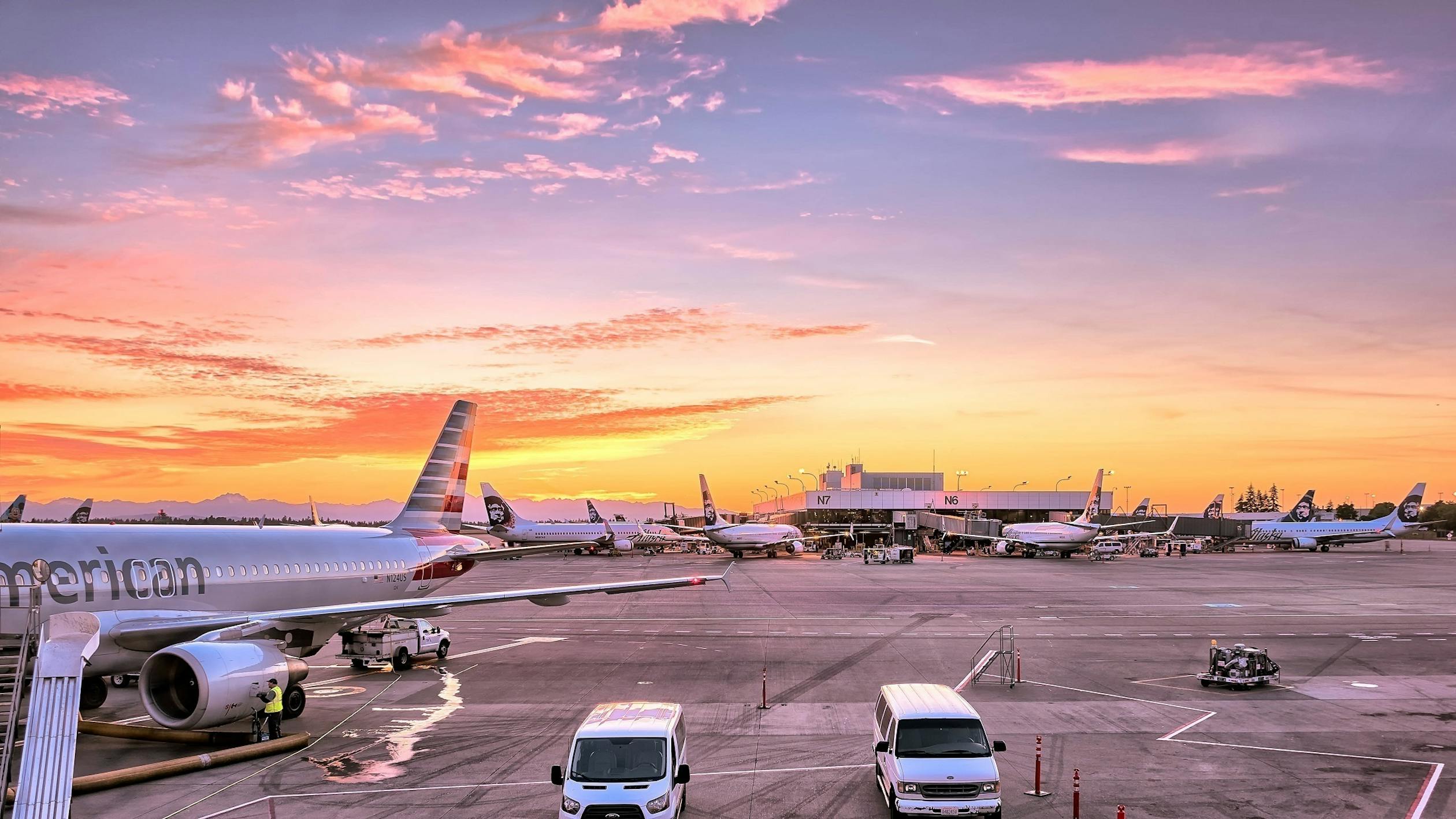Revolutionizing Air Travel: How Aviation Companies are Paving the Way for Sustainable Aviation
The aviation industry plays a significant role in global transportation, connecting people and goods across vast distances. However, it is also one of the major contributors to greenhouse gas emissions. To address this challenge, forward-thinking aviation companies are embracing sustainable practices and technologies. In this blog post, we will explore two key areas where aviation companies are revolutionizing air travel: the use of sustainable fuels and the development of electric air vehicles.
Sustainable Fuels
Traditional aviation fuels, such as jet fuel, are derived from fossil fuels and release greenhouse gas emissions when burned. To combat this environmental impact, aviation companies are turning to sustainable aviation fuels (SAF). SAFs are made from renewable sources, such as plant-based feedstocks, agricultural waste, or even carbon capture technologies. They have the potential to reduce carbon emissions by up to 80% compared to conventional jet fuel.Aviation companies are actively collaborating with fuel producers and investing in research and development to scale up the production of SAFs. This includes establishing supply chains, conducting comprehensive lifecycle analyses, and ensuring the compatibility of SAFs with existing aircraft engines. By incorporating SAFs into their operations, aviation companies are making significant strides towards reducing their carbon footprint and promoting a more sustainable future for air travel.
Electric Air Vehicles
Another exciting development in the aviation industry is the emergence of electric air vehicles. Electric propulsion systems offer several advantages, including lower emissions, reduced noise pollution, and enhanced energy efficiency. While electric passenger aircraft are still in the early stages of development, there have been significant advancements in electric vertical takeoff and landing (eVTOL) aircraft and electric drones.
eVTOL aircraft, also known as air taxis, have the potential to revolutionize urban transportation by providing efficient and eco-friendly alternatives to traditional ground transportation. They can take off and land vertically, eliminating the need for runways and reducing congestion in cities. Several aviation companies are investing in the research and development of eVTOLs, aiming to create sustainable and efficient air mobility solutions for urban areas. For example, BLADE founded by Rob Wiesenthal, recently in the Feburary of 2023, completed a successful flight of eVTOLS in collaboration with the manfacturers, BETA Technologies.
Electric drones, on the other hand, are already being utilized in various industries, such as package delivery, surveillance, and agriculture. Drones powered by electric motors have lower emissions and offer greater maneuverability, making them a sustainable choice for certain aviation applications.
Aviation companies are embracing sustainability and taking proactive steps to revolutionize air travel. By adopting sustainable aviation fuels and exploring electric air vehicles, they are significantly reducing carbon emissions, minimizing environmental impact, and creating a more sustainable aviation industry. These advancements not only benefit the environment but also pave the way for a future of efficient, cost-effective, and eco-friendly air travel. As more companies invest in sustainable practices and technologies, we can look forward to a greener aviation industry that preserves our planet for future generations.

